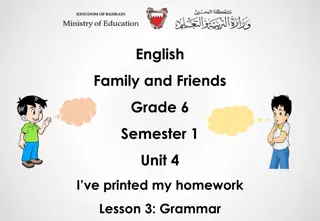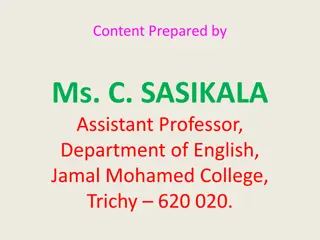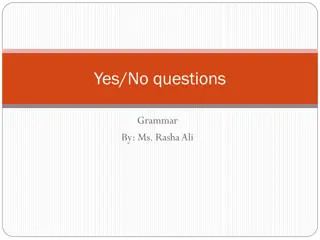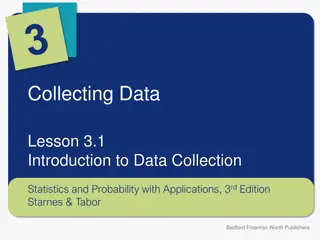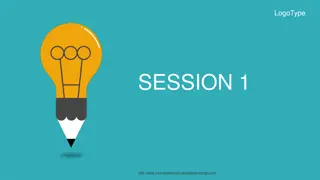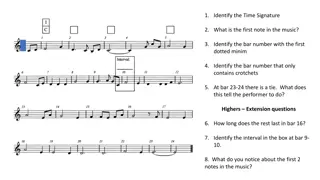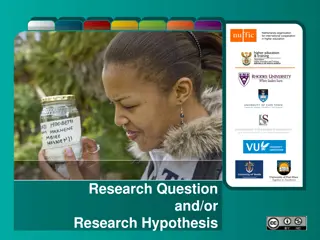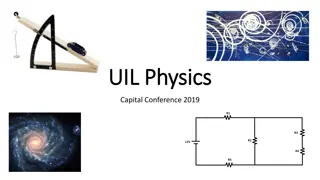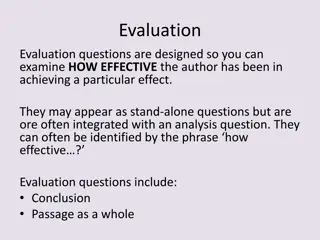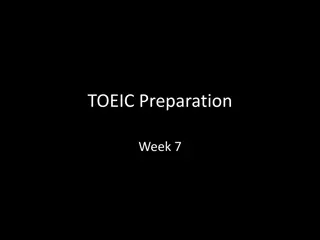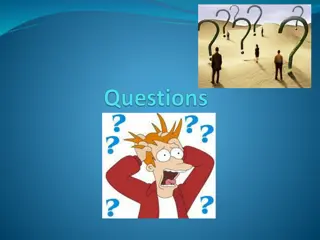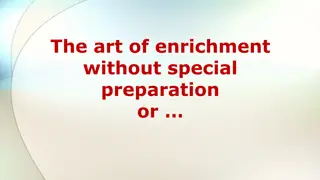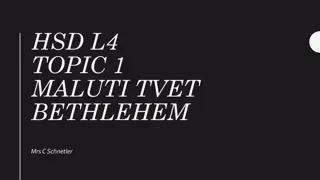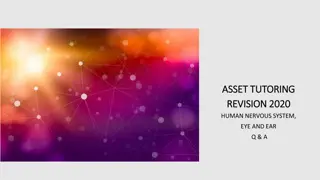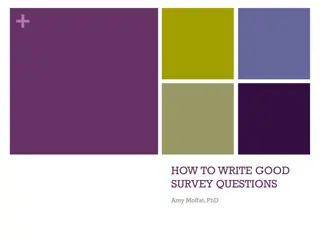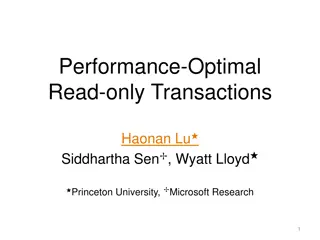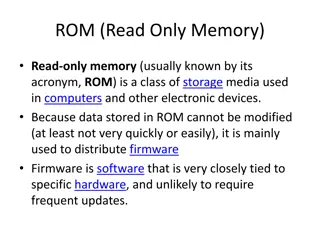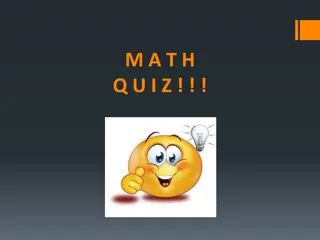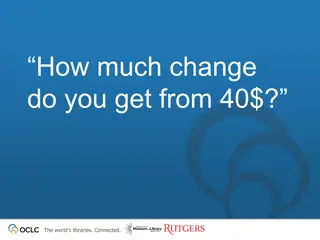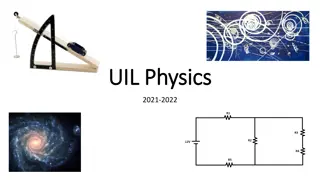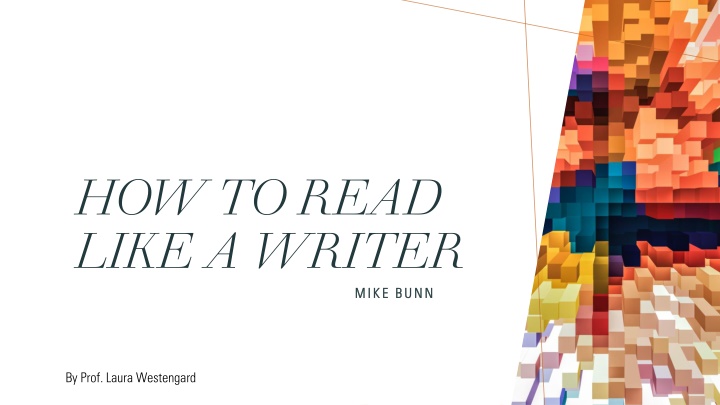
Mastering Reading Like a Writer with Mike Bunn & Prof. Laura Westengard
Enhance your reading skills by understanding the author's purpose, intended audience, genre, and more. Learn to evaluate the effectiveness of language, evidence used, and transitions in writing. Discover valuable writing techniques for your own work.
Download Presentation

Please find below an Image/Link to download the presentation.
The content on the website is provided AS IS for your information and personal use only. It may not be sold, licensed, or shared on other websites without obtaining consent from the author. If you encounter any issues during the download, it is possible that the publisher has removed the file from their server.
You are allowed to download the files provided on this website for personal or commercial use, subject to the condition that they are used lawfully. All files are the property of their respective owners.
The content on the website is provided AS IS for your information and personal use only. It may not be sold, licensed, or shared on other websites without obtaining consent from the author.
E N D
Presentation Transcript
HOW TO READ LIKE A WRITER MIKE BUNN MIKE BUNN By Prof. Laura Westengard
BEFORE YOU START READING BEFORE YOU START READING Do you know the author s purpose for this piece of writing? Do you know who the intended audience is for this piece of writing? In what genre is it written? Is this a published or a student-produced piece of writing? Is this the kind of writing you will be assigned to write yourself?
AS YOU ARE READING AS YOU ARE READING What is the author s purpose for this piece of writing? Who is the intended audience? How effective is the language the author uses? Is it too formal? Too informal? Perfectly appropriate? What kinds of evidence does the author use to support his/her claims? Does he/she use statistics? Quotes from famous people? Personal anecdotes or personal stories? Does he/she cite books or articles? How appropriate or effective is this evidence? Would a different type of evidence, or some combination of evidence, be more effective? Are there places in the writing that you find confusing? What about the writing in those places makes it unclear or confusing? How does the author move from one idea to another in the writing? Are the transitions between the ideas effective? How else might he/she have transitioned between ideas instead?
WHAT SHOULD YOU BE WRITING AS WHAT SHOULD YOU BE WRITING AS YOU ARE READING? YOU ARE READING? What is the technique the author is using here? Is this technique effective? What would be the advantages and disadvantages if I tried this same technique in my writing?

